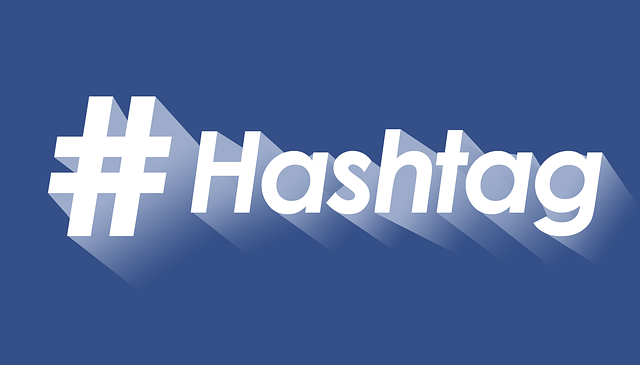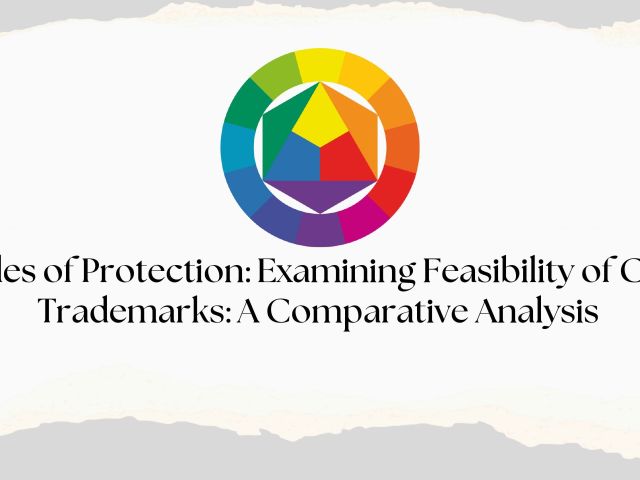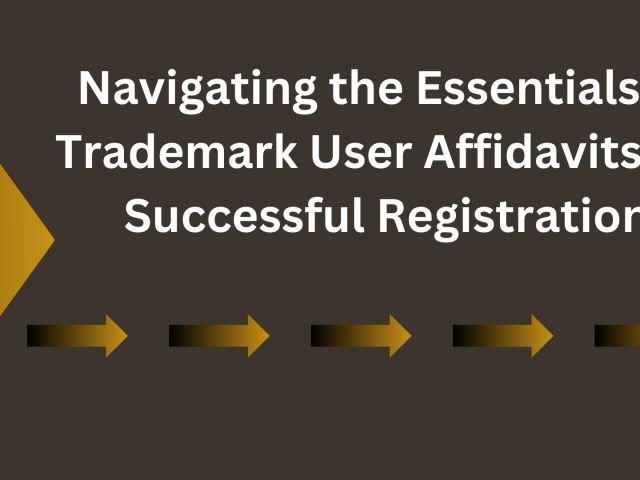HashTag – Trademark?
In the current regime, the hashtags are all over social media. It is the latest trend now to hash tag any specific content or things that can boost the consumer engagement.
Hashtags are a string of words or phrases that are usually preceded by a hash (#) symbol. It qualifies as a metadata tag and helps the user create, identify, follow and contribute to a particular conversation on social networking sites and across other internet applications. As the user-generated content around hashtags increase, it becomes viral. The use of hashtags has been gaining momentum for the past ten years, and today businesses are looking to cash-in on these ‘viral-trends’ to promote their products and services through content marketing strategies. It has now become a popular social media marketing gimmick to hashtag the content which the users or the business owners are willing to popularize or create awareness upon.
For example the word ‘NariShakti ’ was chosen as Oxford Hindi word of the year 2018, mainly because it gained momentum over social media as #Narishakti, during Nari shakti puraskar 2018, ban on triple talaq and removing of a rule that allowed women entry to the Sabarimala Temple in Kerala.
Other popular and trending hashtags in India are #India, #photography, #instagood, #follow, #travel etc. Large companies like Coca-Cola have already registered twitter hashtags as trademarks, specifically #cokecanpics and #smilewithacoke. Few other examples of large companies launching social media campaigns around a hashtag are #sayitwithpepsi by pepsi, #CaughtOnDropCam by Google etc.
Hashtags are all over the social media these days proving their mettle in setting trends or helping the business owners market their products.
Can a Hashtag be protected as Intellectual Property?
The Trademark Law considers mainly the two conditions to qualify a hashtag for Trademark filing:
1. It must be graphically represent able and
2. It must distinguish the goods and services of one person from another person.
We can clearly see that the first condition is fully qualified as it is a combination of words and numerals which is represented graphically. But the problem arises with the second condition that is an ultimate test for a hashtag to qualify as a Trademark. As per the Trademark law, it is not easy to fulfil the second condition. A Trademark is a kind of source identifier and the hashtags which can fulfill these criteria can only obtain registration under the Act.
The absolute grounds of refusals are given and under the Section 9 (1) of the Indian Trademark Act 1999 states that:
“The Trademarks which are devoid of any distinctive character means not capable of distinguishing goods or services of one person from those of another shall not be registered.”
Therefore, the hashtags which are distinctive nature or have become distinctive within a period of time can be granted the trademark protection in India.
The trademark may either be inherently distinctive in nature due to it being an invented word or it may be something that trends for a longer period of time such that the people start to identify the particular source through that hashtag only. Moreover, it is important to understand that merely applying a hashtag to a common word or generic word would not make it a distinctive trademark. The hashtag mark has to pass the conditions of distinctiveness in order to gain trademark protection in India.
Under the Trademarks Act, 1999, a mark can be rejected when it doesn’t have any ‘distinctive character’ (meaning, unable to distinguish the goods and / or services of one person to that of the other). While the hashtag to be trademarked can either be invented word(s), or certain popular word(s) associated with the brand or owner, it has to pass the ‘test of distinctiveness’ under the Trademark Act. For instance, if you want to trademark #9, it’s sure to be rejected, because it’s not a distinctive mark.
Provisions of trade marking hash tags in various countries
Guidance from the United States Patent and Trademark Office (USPTO) states: “A mark comprising of or including the hash symbol (#) or the term ‘hashtag’ is registerable as a trademark of service only if it functions as an identifier of the source of the applicant’s goods or services.” Hashtag trademarks that have been successfully registered as such in the United States include: #smilewithacoke and #cokecanpics (The Coca-Cola Company), #McDstories (McDonalds), and #makeitcount (Nike). The United States Patent and Trademark Office (USPTO) has rightly stated that what marks cannot be registered as a trademark, cannot be registered as hash tags.
In the United Kingdom, a mark is register able if is distinctive and has the capacity to individualize the goods and services of a particular undertaking. If such a link exists and the mark does not communicate a message that could apply to any other undertaking then, as with other trademarks, a hashtag-based mark is registrable.
IP Australia updated the Australian Trade Marks Office Manual of Practice and Procedure in 2016 to include a definition for a hashtag and offers some guidelines for businesses to follow. It also lists examples of what could be seen as ambiguous cases, which one can look at to see if they could also relate to the eligibility of the brand.
The popularity of hashtags shows no signs of letting up. Therefore, it is important for brand owners to consider the use of hashtags in their branding strategies. If the decision is made to use branded hashtags, then it would be wise to seek trademark protection to effectively protect your reputation and prevent consumer confusion. Otherwise, you might find yourself #notwinning.




